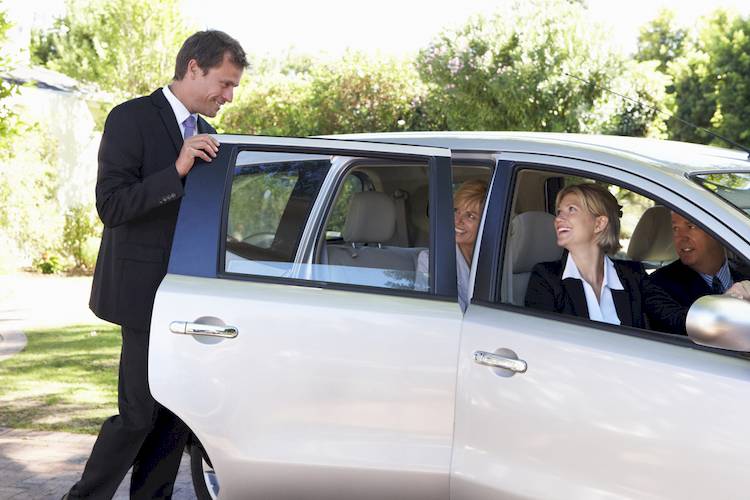

Car pool lanes have existed in the United States for a few decades, and have never been more popular and common than they are now. Many states across the country are responsible for more than 3,000 miles of car pool lanes, which benefit a huge number of workers every day during their rush hour commutes. Car pool (or HOV, for High Occupancy Vehicle) lanes are lanes on the freeway that are only for vehicles with multiple occupants. Standard car pool lanes require a minimum of two occupants (including the driver) per vehicle, but some freeways and some counties mandate three or four occupants per vehicle. In addition to cars with the minimum number of occupants, motorcycles are also permitted in car pool lanes, even with only one occupant. In many states, alternative fuel vehicles (such as plug-in electric cars and gas-electric hybrids) are also allowed in car pool lanes with only one occupant, as part of a green initiative to encourage environmentally friendly vehicles. In a few states, the car pool lanes are also express toll lanes, where drivers with only one occupant can pay a fee to drive in the car pool lane.
Because most freeway vehicles only have one occupant, the car pool lane remains relatively uncongested, which allows the vehicles in the lane to drive at a high freeway speed, even when the rest of the road is stuck in rush hour traffic. Having a fast and efficient lane rewards workers who decide to carpool together, and incentives other people to ride share. This results in fewer vehicles on the road, which lowers traffic totals, helps reduce harmful carbon emissions, and cuts down on road damage (which limits road repair costs for taxpayers). All in all, car pool lanes can be very beneficial in many different ways, and as a result are some of the most important rules of the road.
Not all states have car pool lanes, but for those that do, the car pool lane traffic laws are crucial, because a car pool lane violation usually results in a very expensive ticket. Each state has different car pool lane rules, so it’s important to always pay attention to the laws and regulations of whatever state you are driving in, especially when you are traveling.
Are there car pool lanes in Rhode Island?
Even though car pool lanes have become very popular, there are currently none of them in Rhode Island. The main reason that there are no car pool lanes is because most of the freeways in Rhode Island were constructed before car pool lanes became so popular. If the state wanted to add car pool lanes to its major freeways, they would need to convert general access lanes (which would have a negative impact on overall traffic), or add new lanes to the freeways (which would cost a large sum of money).
Many people in Rhode Island also believe that car pool lanes would be superfluous, since the state is relatively small and doesn’t have the commuting problems that some larger areas have.
Will there be car pool lanes in Rhode Island anytime soon?
Even though Rhode Island has been a leader in efficiency and environmental solutions, there are currently no plans to add car pool lanes to any of the state’s freeways. Many of the state’s drivers are very disappointed by this, because the Rhode Island Department of Transportation is currently planning a 10-year improvement project called Rhode Works, which would seek to completely revitalize, repair, and modernize the state’s roads. Despite the fact that the Rhode Works project would cost an estimated $4.7 billion, there has been no mention or public discussion about the implementation of car pool lanes. This is justifiably frustrating for drivers who feel like car pool lanes would positively impact their daily commute.
The Rhode Works plans are not yet finalized, so there’s still time for the state to decide that car pool lanes could help a lot of Rhode Island citizens. Be sure to keep your eye open, and hopefully there will be car pool lanes in Rhode Island’s future.
In the meantime, Rhode Island drivers can familiarize themselves with all of the state’s standard laws, rules, and limits, so that they can be the best and safest driver possible, with or without car pool lanes.



